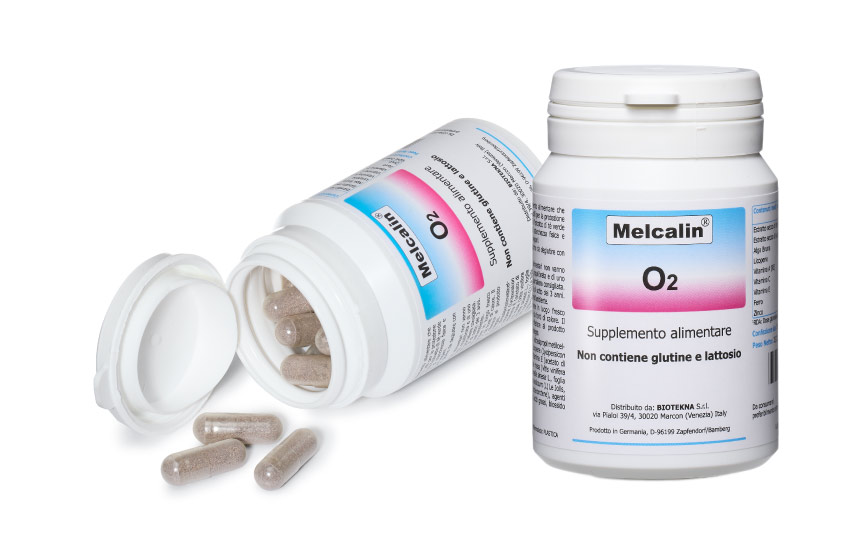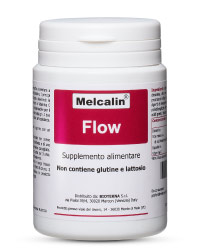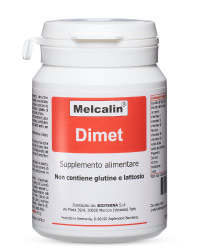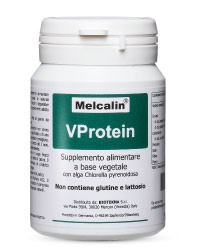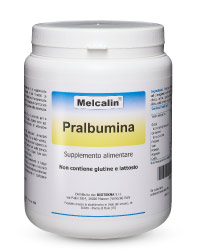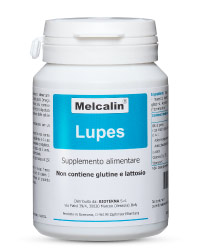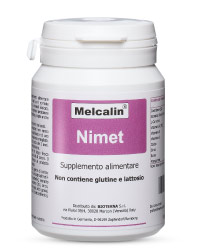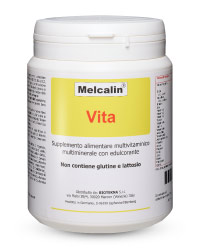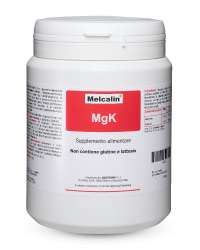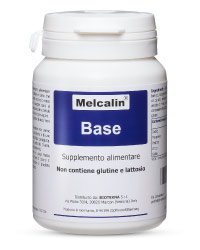Newsletter
Inserisci la tua e-mail per tenerti sempre aggiornato sui prodotti Melcalin®
Newsletter
Inserisci la tua e-mail per tenerti sempre aggiornato sui prodotti Melcalin®

MELCALIN® È UNA LINEA DI SUPPLEMENTI ALIMENTARI SPECIFICATAMENTE STUDIATI PER IL RECUPERO DEL BILANCIAMENTO ACIDO-BASE, DELLE FUNZIONALITÀ METABOLICHE E NEUROIMMUNOENDOCRINE, PER IL RECUPERO DELLA SINTOMATOLOGIA VAGA ED ASPECIFICA (MUS) E IL RAGGIUNGIMENTO DEL BENESSERE PSICOFISICO
PRODOTTO DA BIOTEKNA© - BIOMEDICAL TECHNOLOGIES

MELCALIN® È UNA LINEA DI SUPPLEMENTI ALIMENTARI SPECIFICATAMENTE STUDIATI PER IL RECUPERO DEL BILANCIAMENTO ACIDO-BASE, DELLE FUNZIONALITÀ METABOLICHE E NEUROIMMUNOENDOCRINE, PER IL RECUPERO DELLA SINTOMATOLOGIA VAGA ED ASPECIFICA (MUS) E IL RAGGIUNGIMENTO DEL BENESSERE PSICOFISICO
PRODOTTO DA BIOTEKNA© – BIOMEDICAL TECHNOLOGIES
Melcalin® è un marchio registrato BioTekna© | Biomedical Technologies | P. IVA 01307750933
